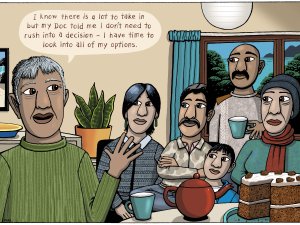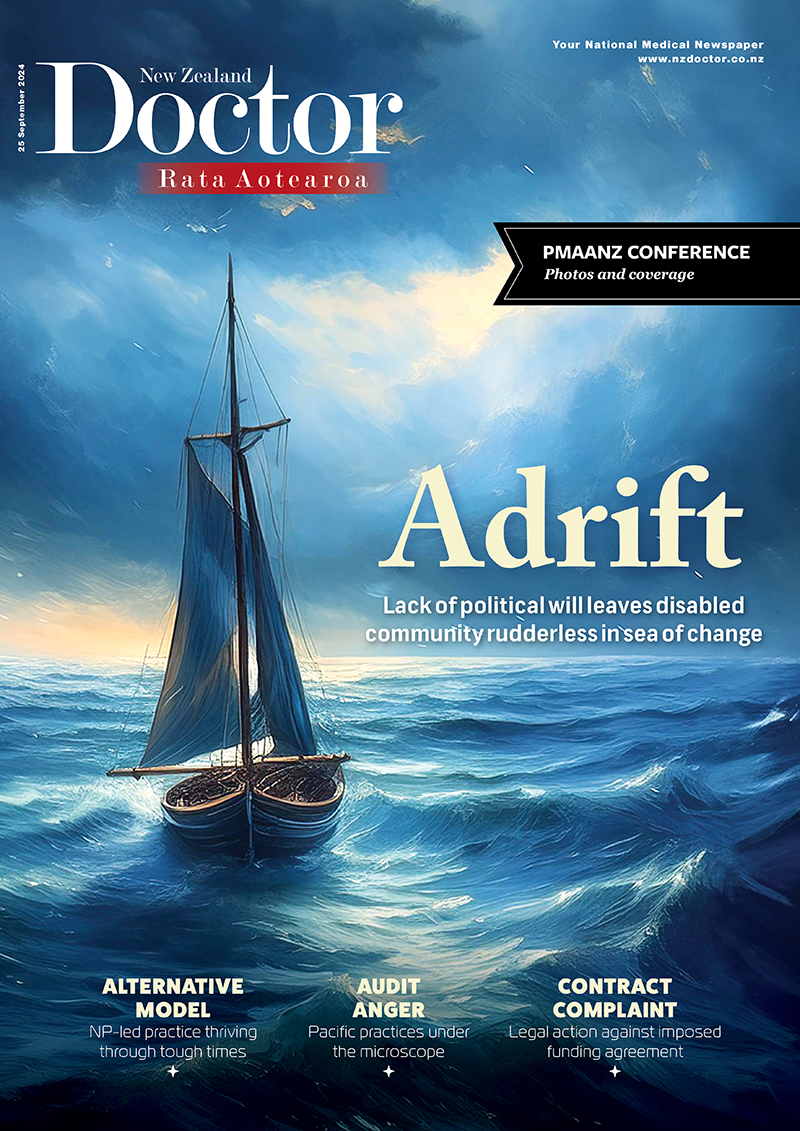Prostate cancer consultations are common in primary care and there is no one approach to testing and treatment that fits all patients. Urologist Simon van Rij discusses the key considerations and options for personalised care, appropriate investigation and treatment
Medical school announcement acknowledges scale of rural health crisis
Medical school announcement acknowledges scale of rural health crisis
National’s election promise to establish a School of Rural Medicine acknowledges the extent of the health crisis facing rural and vulnerable New Zealanders, says University of Waikato Vice-Chancellor Professor Neil Quigley.
“It is heartening to see that the conversation we instigated last year when we proposed a new way of educating medical students through the Waikato Graduate Entry Medical School has been recognised and acknowledged,” he said.
“Rural and high-needs communities have suffered decades of neglect from the two existing medical schools, so the solution needs to be a fundamental change in the way that we select and prepare medical students for community service. Internationally, the countries that have successfully addressed these problems have done it by introducing a new medical education model rather than adjusting existing programmes. We owe it to New Zealand’s communities to get this right,” says Professor Quigley.
The international research in medical education demonstrates that the only way to address the shortage, and the looming crisis, in primary health care in New Zealand’s rural areas and provincial centres is through the creation of a third medical school with a dedicated graduate-entry programme focused on community-engaged medical education outside the main centres. This is the proposal that the University of Waikato has put forward in co-operation with the Waikato DHB.
The Waikato Graduate Entry Medical School proposed to the government in October 2016 is the only proposal that offers the government fundamental change in medical education that directly addresses the problems of health workforce distribution and overall health workforce shortages. The Waikato proposal recognises that New Zealand is not training enough doctors to meet its health workforce needs and is too reliant on recruitment of trained doctors from overseas.
At present, rural and provincial centres depend on the approximately 1100 overseas doctors recruited to New Zealand each year. In addition to needing supervisory support to work in a New Zealand medical context, more than 60 per cent leave their employment within two years . The health needs of New Zealand’s aging and rapidly expanding population are also becoming more complex.




